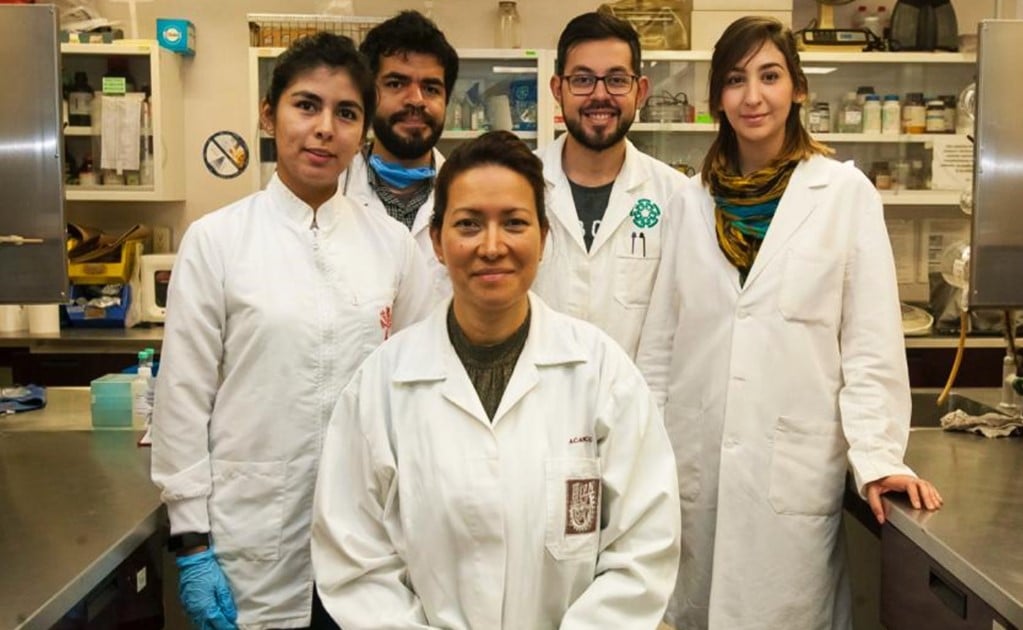
In a significant breakthrough, a researcher from the National Polytechnic Institute (IPN) reportedly claimed to have found a complete cure for human papillomavirus (HPV), which may help prevent the spread of cervical cancer among women. Eva Ramon Gallegos, a Mexican scientist was able to completely eliminate the virus in 29 patients infected with HPV.
According to the report, the team of researchers led by Dr Gallegos treated the women using non-invasive photodynamic therapy (PDT). As per the National Cancer Institute, photodynamic therapy is a treatment that involves using a drug, called a photosensitizer or photosensitizing agent, and a particular type of light to treat different areas of the body.
View image on TwitterView image on Twitter
#InvestigaciónIPN Eliminan cien por ciento virus del papiloma humano. En el marco del Día Mundial Contra el Cáncer 2019, la científica Eva Ramón Gallegos, compartió los resultados del trabajo que ha realizado durante 20 años.
The results were promising as the researchers found that the photodynamic therapy was able to eradicate the virus in 100% of the those who were HPV carriers without any premalignant lesions of cervical cancer, 64.3% in women with both HPV and lesions, and 57.2% in patients who had lesions without the HPV infection.
What’s remarkable about this research is that this therapy doesn’t have any collateral damage to the human body, meaning it has no side effects.
“Unlike other treatments, it only eliminates damaged cells and does not affect healthy structures. Therefore, it has great potential to decrease the death rate from cervical cancer,” she explained, as per a Radio Guama report.'





No comments:
Post a Comment